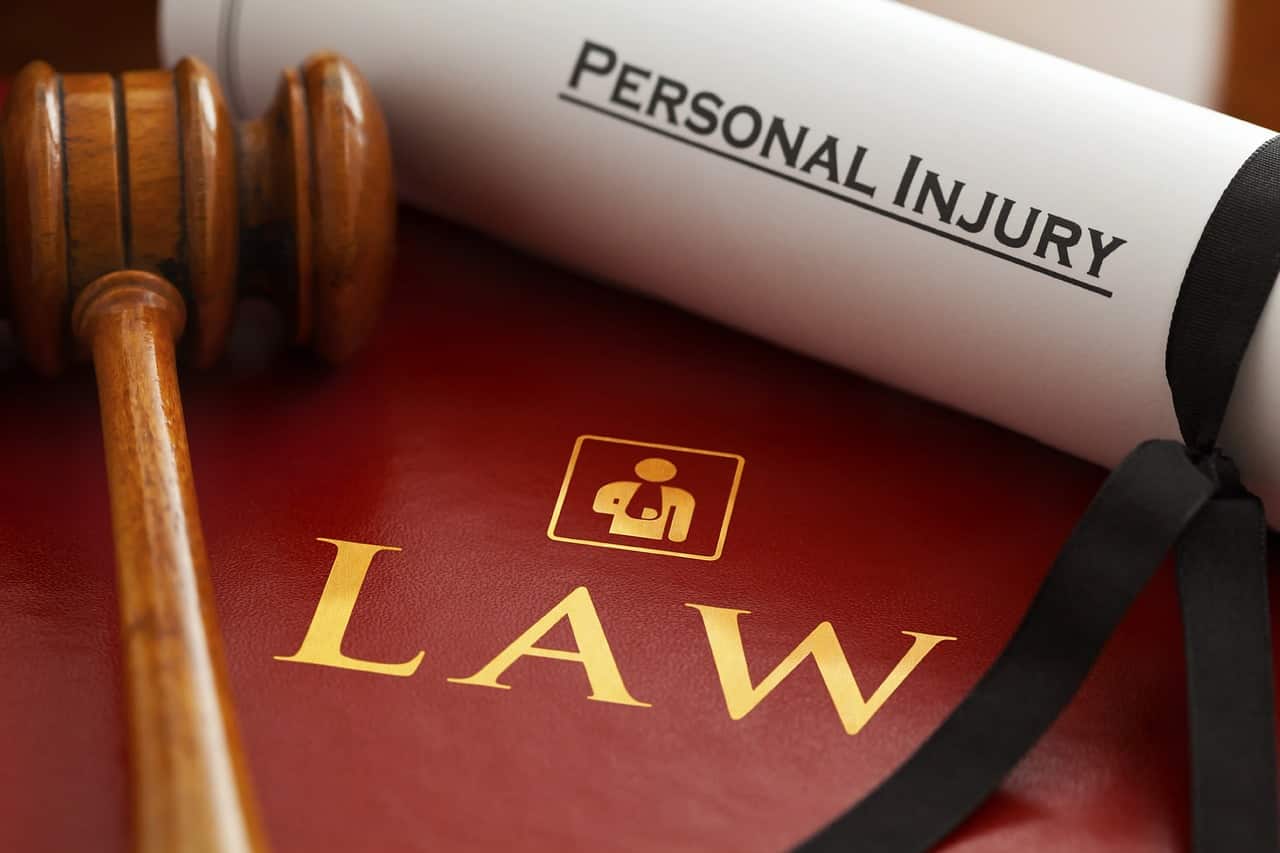Law
Third-Party Liability in Personal Injury Cases: Going Beyond the Obvious
In the domain of personal injury cases, the concept of third-party liability transcends the apparent simplicity it initially presents. It navigates through a legal landscape where accountability is distributed beyond the immediate victim. This article focuses on what’s beyond third-party liability.
Vicarious Liability and Employer Responsibility
To establish vicarious liability, several factors come into play. The degree of control and benefit the employer exercises over the employee’s actions is significant. If the employee’s actions were done under the employer’s control and for the employer’s benefit, vicarious liability becomes more plausible. For example, if an employee causes an injury while using company equipment during work hours, the employer’s control over the situation strengthens the case for vicarious liability.
However, there’s a distinction between a minor deviation (a “detour”) from employment duties and a significant departure (a “frolic”). If the employee’s actions slightly deviate from their job duties, the employer might still be held vicariously liable. Yet, if the actions were a substantial deviation, the employer’s liability might be limited. Therefore, seeking the services of ColoradoInjuryLaw.com can be helpful.
For instance, if an employee takes a detour during a delivery route to run a personal errand and causes an accident, the employer could still be held liable. But if the employee goes on a personal trip unrelated to work and causes an accident, the employer’s liability might be diminished.
Product Liability and Defective Products
Product liability refers to holding manufacturers, responsible for injuries caused by defective products. Various types of defects can result in liability. Design defects occur when a product’s inherent design makes it dangerous or unsuitable for its intended purpose. Manufacturing defects arise when a flaw occurs during manufacturing. If a batch of medications is contaminated during production, leading to adverse health effects, the manufacturer could face liability.
A failure to provide adequate warnings or instructions about non-obvious risks can also lead to liability. If a household appliance poses certain dangers that are not immediately apparent to consumers, the manufacturer might be held liable for injuries that result from the lack of proper warnings.
Premises Liability and Duty of Care
Premises liability pertains to injuries that occur on another person’s property due to hazardous conditions. When professionals dealing with premises responsibility lawsuits attempt to establish liability, it involves proving the property owner’s duty of care and potential negligence. Property owners have a legal duty of care to maintain their premises in a reasonably safe condition for visitors. The extent of this duty varies depending on the visitor’s status. For instance, a property owner owes a higher duty of care to invitees (such as customers) compared to licensees (such as social guests) or trespassers.
Assumption of Risk and Comparative Negligence
Assumption of risk comes into play when an injured party voluntarily engages in an activity with known risks. If the individual then sustains an injury, they might bear some responsibility due to knowingly assuming those risks. For example, suppose someone participates in a high-risk extreme sport and gets injured. In that case, they might have a reduced ability to hold a third party liable due to having assumed the risks associated with the activity.
Comparative negligence is a principle that allocates responsibility when both the injured party and a third party share fault for an injury. Damages awarded are adjusted based on the respective levels of negligence.
Government Liability and Special Rules
Government entities and employees might be held liable for injuries resulting from their negligence, but specific rules often apply. Sovereign immunity historically shielded government entities from lawsuits, but many jurisdictions have waived this immunity in certain circumstances. When suing a government entity, strict notice requirements often come into play. Failing to meet these notice requirements could result in the dismissal of the case.
The facets of third-party liability interweave to form a complex form of accountability. When seeking such compensation, individuals should understand the law. In some cases, the law might be complex, hence requiring the help of attorneys.
Related Posts












